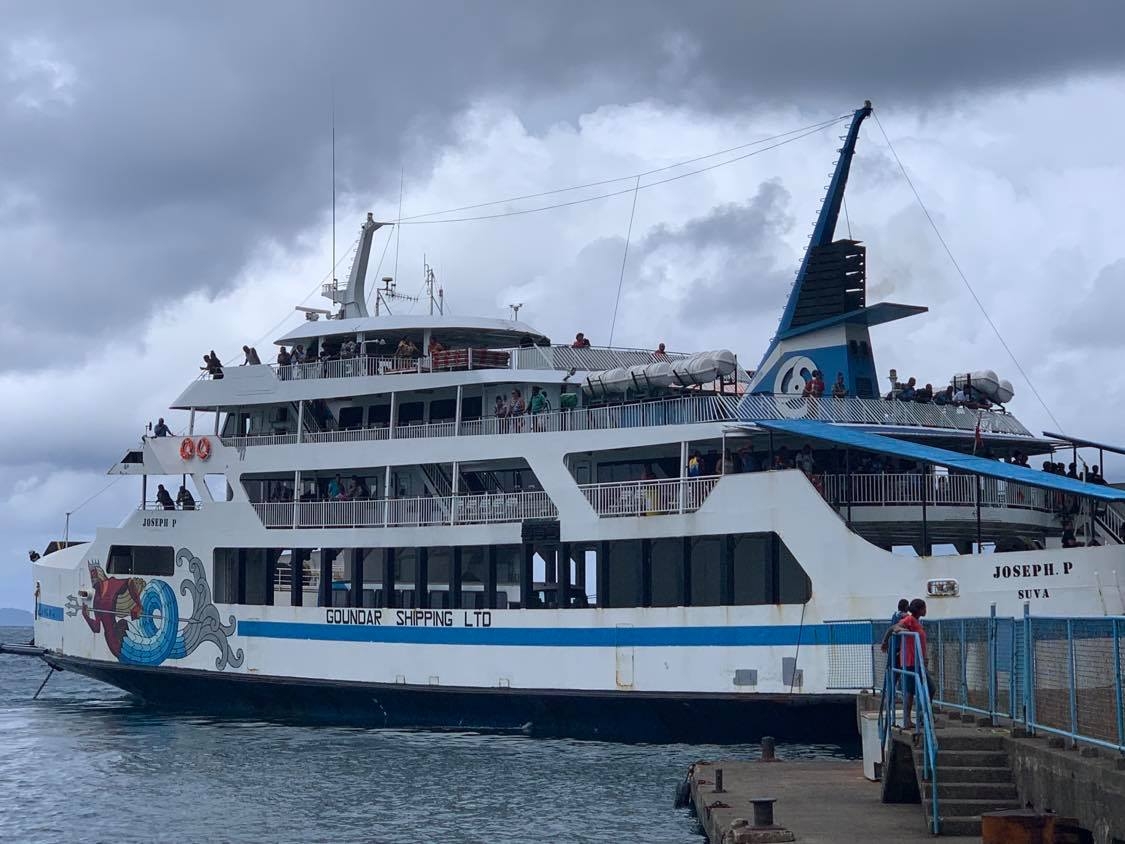Pacific Island nations risk being left behind in the race to decarbonise the shipping industry, despite leading the way on this issue at the International Maritime Organisation (IMO).
Dr Peter Nuttall, who is the Scientific and Technical Advisor for the Micronesian Center for Sustainable Transport at the University of the South Pacific, says change is happening at an almost “terrifying speed, it’s a global revolution” and the Pacific is not keeping up.
“Ten years ago when I started building this global research program, we were told there would be hydrogen engines by 2050; there are hydrogen ships today, there will be mainstream hydrogen ships operating by 2030. There will not be fossil fuel ships – that is the speed with which the industry and technology is moving. There is a huge risk we will get left behind, an enormous risk that we will get left behind.”
Shipping contributes some 3% of the world’s annual carbon emissions, and Dr Nuttall warns that the Pacific will be left paying carbon levies and fuel taxes if we can’t keep step with the transformation the industry is already undergoing.
Since 2015, the Marshall Islands has been leading a Pacific crusade at the IMO—emboldened by the fact that 12% of the world’s ships sail under the Marshallese flag, and spurred by the vision of the late Marshallese foreign minister, Tony deBrum, to cut shipping emissions.
“I think they’ve done a brilliant job of displaying their leadership,” says Dr Nuttall. “They’ve used their leadership to coagulate a coalition of high ambition countries to really try and drive this agenda of decarbonisation at the IMO.”
For the full story, login to your account or subscribe today.
